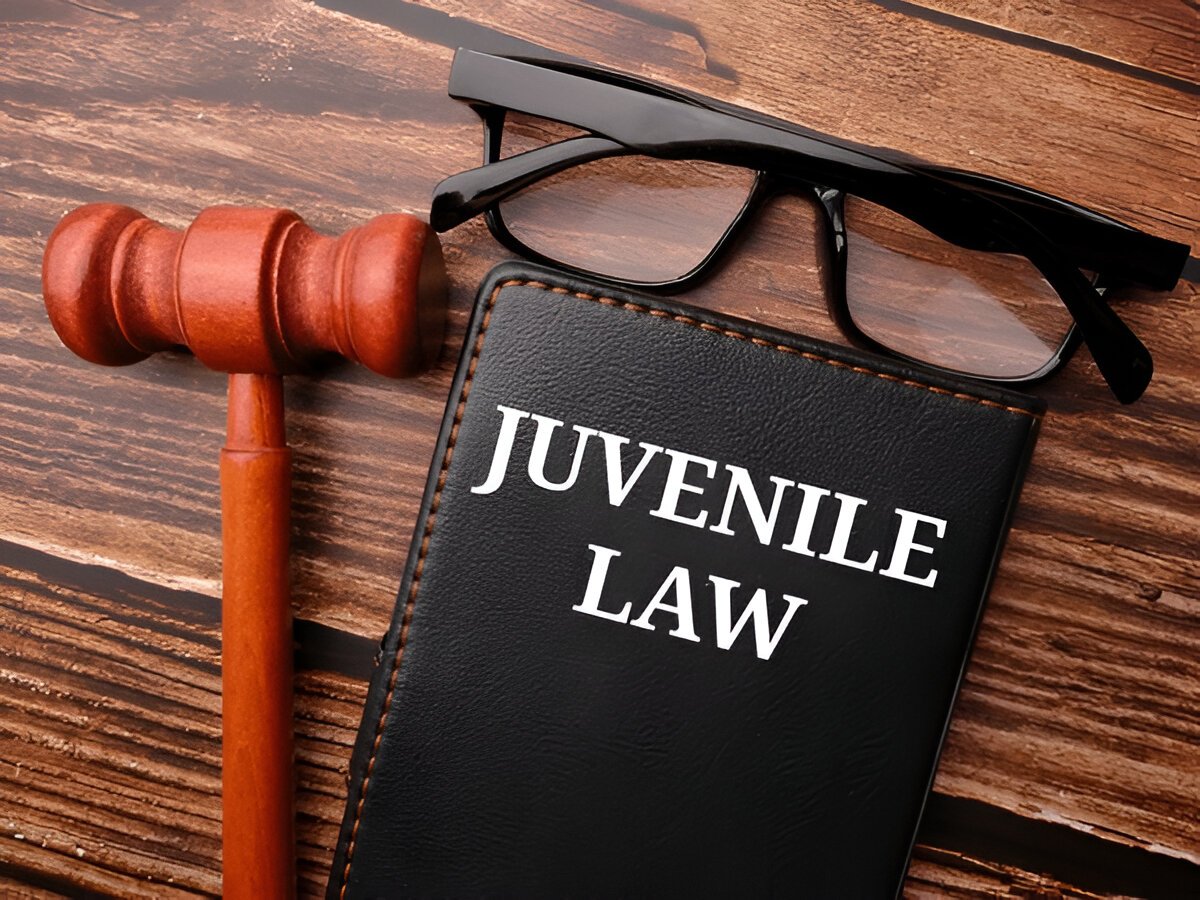Bench of Justice Abhay S. Oka and Justice Ujjal Bhuyan
Introduction
The Supreme Court, in a significant ruling on the powers of Juvenile Justice Boards (JJBs), held that JJBs have no authority to review their own orders, and any such attempt is illegal and beyond their statutory jurisdiction. The Court also reiterated that documentary evidence such as school records prevail over medical opinion in determining juvenility under the Juvenile Justice (Care and Protection of Children) Act, 2015.
- Section 94(2), Juvenile Justice (Care and Protection of Children) Act, 2015
→ Establishes the procedure to determine age — school certificate/birth certificate to be given preference over medical opinion. - Section 15, JJ Act
→ Preliminary assessment of a child in conflict with law (age 16–18) for heinous offences to decide whether he should be tried as an adult. - Section 12, JJ Act
→ Governs bail to children in conflict with law — bail should not be denied unless the release is likely to bring the child into association with criminals or expose them to danger. - Review Jurisdiction
→ No provision under JJ Act empowering the JJB to review its own decisions. Power of review must be explicitly or implicitly conferred by statute, which is absent here.
You can also read the Judgement of Independent Thought V. Union of India and Anr.
For more information, visit [Aashayein Enquiry Section]
Facts of the Case
A case under Section 307 IPC (attempt to murder) was registered at Medical College Police Station, Meerut.
Respondent No. 2 claimed juvenility based on a school certificate showing his date of birth as 08.09.2003, which was accepted by the JJB in an earlier proceeding.
Later, in the same matter, the JJB ordered a medical examination, ignoring the school record.
The medical board estimated the age as 21 years, leading the JJB to conduct a preliminary assessment under Section 15 of the JJ Act, 2015, and directed that he be tried as an adult.
However, the High Court granted bail, holding that the documentary evidence was sufficient, and there was no justification for his continued detention.
The State appealed this decision before the Supreme Court.
Issues Before the Court
- Whether the Juvenile Justice Board has the power to review or contradict its earlier decision regarding the age of the accused?
- Whether the medical opinion can override valid documentary evidence (school certificate) in determining juvenility under Section 94 of the JJ Act, 2015?
- Whether the High Court rightly granted bail to Respondent No. 2 despite the JJB’s recommendation to try him as an adult?
Contentions of the Petitioner
The JJB was right in ordering a medical opinion to ascertain the age, despite earlier accepting the school certificate. Since the medical board assessed the age to be 21 years, the accused should be treated and tried as an adult. The High Court erred in granting bail, especially after the preliminary assessment under Section 15.
Contentions of the Respondent
The JJB had already accepted the school certificate indicating the date of birth as 08.09.2003. The second medical assessment was illegal and amounted to a review of the earlier order, which the JJB is not empowered to do. Under Section 94(2) of the JJ Act, medical opinion is resorted to only in the absence of documentary proof. There was no material to suggest that releasing the accused on bail would endanger him or society.
Court’s Analysis
- No Power of Review for JJB
- The Court held that the Juvenile Justice Board is not vested with any power of review under the JJ Act, 2015.
- Any attempt to contradict its earlier decision based on the same issue (age) amounts to an unauthorized review.
- Quote:
“It is not open to the JJB to say in subsequent proceeding that date of birth is not 08.09.2003... it will amount to reviewing its earlier order. The JJ Act, 2015 confers no such power.”
- Primacy of Documentary Evidence
- The Court emphasized that under Section 94(2) of the JJ Act, if a birth certificate or school record is available, it must be relied upon to determine age.
- Only in the absence of such documents can the JJB turn to medical opinion like ossification tests.
- Medical reports are secondary and cannot override documentary evidence.
- Quote:
“School records carry greater evidentiary value than medical opinions, and ossification tests are subsidiary.”
- Justification of Bail by High Court
- The Court upheld the High Court’s order granting bail under Section 12 of the JJ Act.
- The JJB’s preliminary assessment under Section 15 does not automatically deny bail, unless there is specific material to show that the juvenile's release would pose a danger to himself or others.
Conclusion
The Supreme Court dismissed the appeal, holding:
- The JJB acted illegally by reviewing its earlier order accepting the date of birth based on school records.
- Medical opinion was improperly relied upon despite the existence of valid documents.
- The High Court rightly granted bail since there was no justification to deny it under Section 12 of the JJ Act.
The judgment reinforces procedural safeguards in juvenile justice and reaffirms the limits of the JJB’s authority under the JJ Act, 2015.

